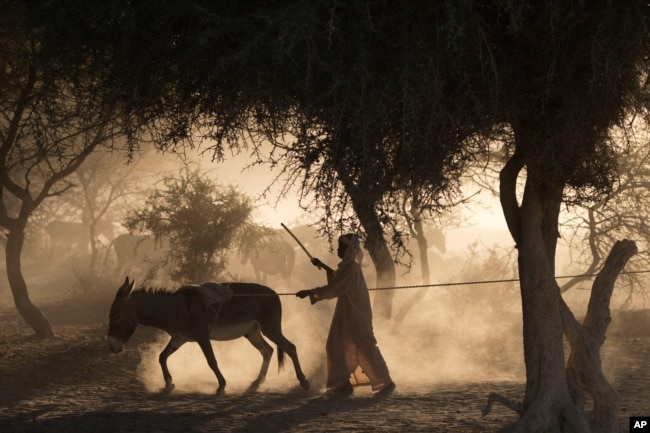Truthmatters
Diamond Member
- May 10, 2007
- 80,182
- 2,272
- 1,283
- Banned
- #41
Follow along with the video below to see how to install our site as a web app on your home screen.

Note: This feature currently requires accessing the site using the built-in Safari browser.
Seriously, you are pitiful. Do you have something to offer before being relagated to the dung heap?
The way you answered those questions shows you either dont know the answers or know the answers would help prove my point.
The lands which were the target of colonial crusades see the crusades as evil.
They lost their self determination ad had their countries raped by the crusaders.
Now do you really think you will fool anybody with your non answer answers?
The way you answered those questions shows you either dont know the answers or know the answers would help prove my point.
The lands which were the target of colonial crusades see the crusades as evil.
They lost their self determination ad had their countries raped by the crusaders.
Now do you really think you will fool anybody with your non answer answers?

The Sahel stretches coast to coast from Mauritania and Mali in the west to Sudan and Eritrea in the east, and skirts the southern edge of the Sahara desert. It is home to more than 100 million people. The region has seen worsening extreme weather — including more frequent droughts — in recent years. But if greenhouse gas emissions continue unabated, the resulting global warming — of more than 2 degrees Celsius above pre-industrial levels — could change major weather patterns in the Sahel, and in many different parts of the world, scientists say.
Rainfall models vary
Some weather models predict a small increase in rainfall for the Sahel, but there is a risk that the entire weather pattern will change by the end of the century, researchers at the Potsdam Institute for Climate Impact Research (PIK) said.[ “The sheer size of the possible change is mindboggling — this is one of the very few elements in the Earth system that we might witness tipping soon,” said co-author Anders Levermann from PIK and the Lamont-Doherty Earth Observatory of New York's Columbia University. If the Sahel becomes much rainier, it will mean more water for agriculture, industry and domestic use. But in the first few years of the transition, people are likely to experience very erratic weather — extreme droughts followed by destructive floods, the researchers said.

A boy drives a donkey to pull water up from a well outside Louri village in Chad in the Sahel.
Hard for people to plan
This level of unpredictability makes it very hard for people to plan for coming changes, they said. “The enormous change that we might see would clearly pose a huge adaptation challenge to the Sahel,” said Levermann. “More than 100 million people are potentially affected that already now are confronted with a (multitude) of instabilities, including war,” he said. The region faces a range of conflicts, including some driven by groups such as Boko Haram and al Qaeda in the Islamic Maghreb. The researchers studied rainfall patterns in the months of July, August and September when the region receives most of its annual rain.
'A range of possible outcomes'
“There's a range of possible outcomes for societies in the Sahel which depend on the climate that eventually (develops) … and whether they are prepared for fluctuations,” lead author Jacob Schewe, from PIK, told the Thomson Reuters Foundation. Climate change from burning fossil fuels “really has the power to shake things up,” he said. “It is driving risks for crop yields in many regions and generally increases dangerous weather extremes around the globe,” he added. The study was published on Wednesday in Earth System Dynamics, a journal of the European Geosciences Union.
Researchers: Climate Change May Turn Africa's Arid Sahel Green